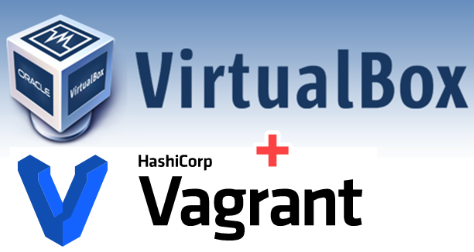
Oracle VirtualBox 7.0.18
VirtualBox 7.0.18 has been released.
The downloads and changelog are in the usual places.
I’ve installed it on my Windows 10 and 11 machines. Both gave me issues, which I put down to the new version of VirtualBox, but on further investigation it was actually because of my new Vagrant box builds.
If I used the new version of VirtualBox with the old version of my Vagrant boxes the builds worked fine. If I tried to use one of the newly built Vagrant box versions it failed with this error.
The SSH connection was unexpectedly closed by the remote end. This
usually indicates that SSH within the guest machine was unable to
properly start up. Please boot the VM in GUI mode to check whether
it is booting properly.
I tried using “config.ssh.keep_alive = true” in the Vagrantfile, but that didn’t help. I’m continuing to investigate the issue, but it seems like VirtualBox 7.0.18 is working fine. It’s something with my box builds which is the problem.
Vagrant 2.4.1
Releases of VirtualBox prompt me to check for new versions of Vagrant. The current version is Vagrant 2.4.1. All my test systems are built with Vagrant, so I installed it as well.
If you are new to Vagrant and want to learn, you might find this useful.
Once you understand that, I found the best way of learning more was to look at builds done by other people. You can see all my Vagrant builds here.
I’ll be doing some updates to my Oracle builds over the coming days, so this will get a lot of testing.
Packer 1.10.3
I use Packer to rebuild my Vagrant boxes (Oracle Linux 7, 8 and 9) so they have the latest guest additions. For the reasons mentioned above I’ve not released the new version of the Vagrant boxes yet. You can see the old ones here.
If you are interested in creating your own Packer builds, you might take inspiration from mine, available here.
Once I get to the bottom of the SSH issues on the new builds I’ll update the boxes.
How did it all go?
Most things worked fine. As mentioned there is an issue with my Vagrant box builds, but I’m assuming that is something on my side of things. 🙂
What about the VirtualBox GUI?
Just a quick warning. I do everything using Vagrant, so I rarely look at the VirtualBox GUI. Remember, when I say everything worked fine, I mean for what I use.
Cheers
Tim…